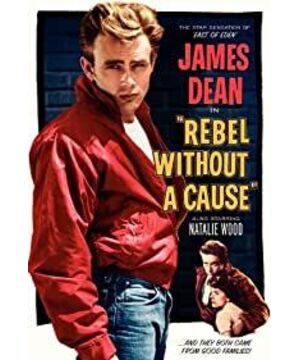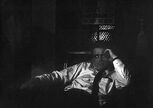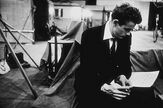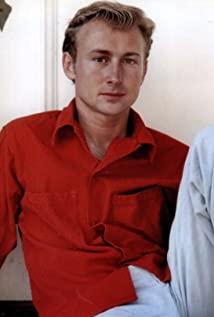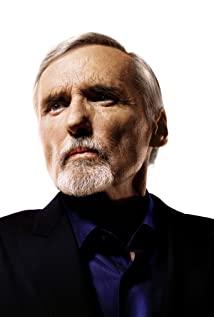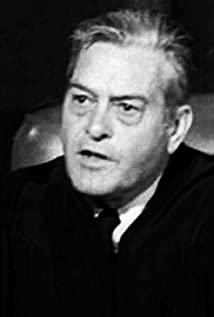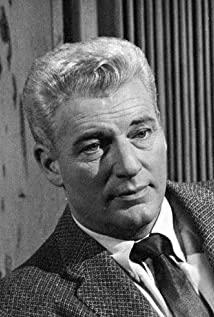Now, there is a phenomenon that a man's behavior and upbringing often depend on whether that person's father is dominant in a family. The influence of fathers is not only the supervision of upbringing, but also A subtle and unconscious education. Father is an enlightener, an educator, and a guide at the same time, taking himself as an example to guide the future direction of boys. But we will find that from the end of the twentieth century to the beginning of this century, patriarchy, especially patriarchy, is constantly missing. In some families, women also gradually began to dominate. It is not difficult to explain why there are more and more rebellious teenagers (referring to men). Because when those teenagers were 15 to 17 years old, it was not that they lacked their goals and motivation to move forward. What was missing was a role model. That is to say, their growth lacked the backbone, because the male power from the patriarchy has gradually declined and is insufficient. In order to give them enough nutrients on the way to grow. In order to overcome the sense of cowardice brought about by this undernourished growth, they will choose to rebel. It seems that they are rebelling against the family, the system, etc. In the end, they just hope to overcome the sense of cowardice in their hearts and prove themselves through this.
This kind of loss is naturally the kind of confused loneliness. Take Jim, for example, his loneliness and confusion come from a sense of cowardice in the absence of patriarchy. He needs friends, but the lack of self-confidence brought about by cowardice makes him afraid to release himself and communicate with others. Perhaps it was only in the dark that he could dare to pretend to be funny. And when he was blocked at the door by Judy's boyfriend, his embarrassment may have exposed his cowardice. In order to prove himself, he did not hesitate to use the self-destructive way of speeding to experience and even induce his own growth.
Older people always feel that young people are squandering their youth, but if you ask them what their good youth should be used for, they can't get a definite answer. So many people will go to find, to experience, until the blood is broken. As if youth should be tragic. And more often adolescents tend to compromise like Jim in Rebel without a cause. Why do you say that youth is an elegy, because after this, people will find more and more fetters and more worries in their life.
Maybe Jim's rebellion wasn't for anything, but it wasn't for rebellion's sake either. It's just a kind of agitation in adolescence, and this kind of agitation in the film has been given strong restraint. More often, Jim's rebellion was an outlet for his troubled speculative process. And he will eventually come to a compromise.
Although Plato doesn't look very similar to Jim, in fact, they still have something in common in their hearts, and it can even be said that his tragedy is even worse than Jim's. Jim's patriarchal example is absent, and Plato's is totally absent, which means that growing up he is not only troubled by loneliness and cowardice, but more likely to be overwhelmed and broken down by them. So Plato made Jim his father because he desperately needed a father to care for him and protect her. So when Jim and Judy left him by the pool, his panic, loss and desperation were unmistakable, as if the whole world had abandoned him. On the one hand, the death of Plato not only accelerated the pace of Jim's compromise, but also seemed to be engulfed by the pale morning in the metaphorical idealism symbolized by 'Plato'.
When the tail of youth meets the giant wheel of the times, perhaps we will find that what growth brings us is compromise.
View more about Rebel Without a Cause reviews


